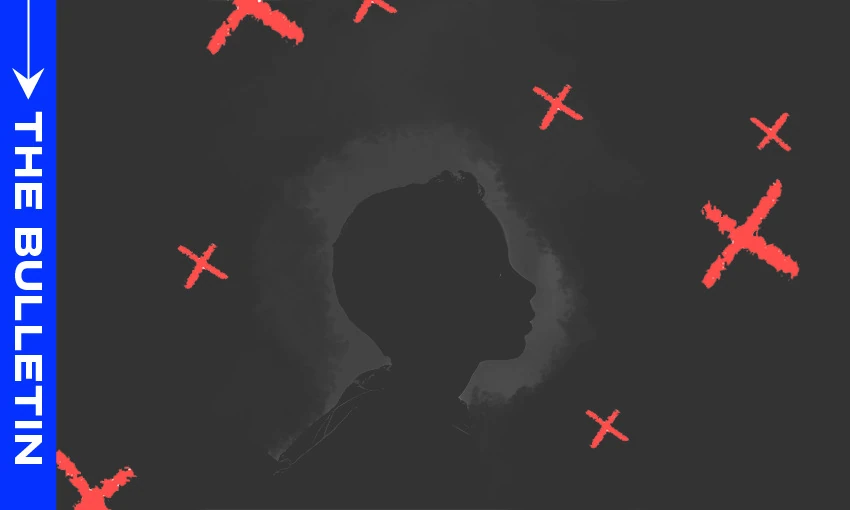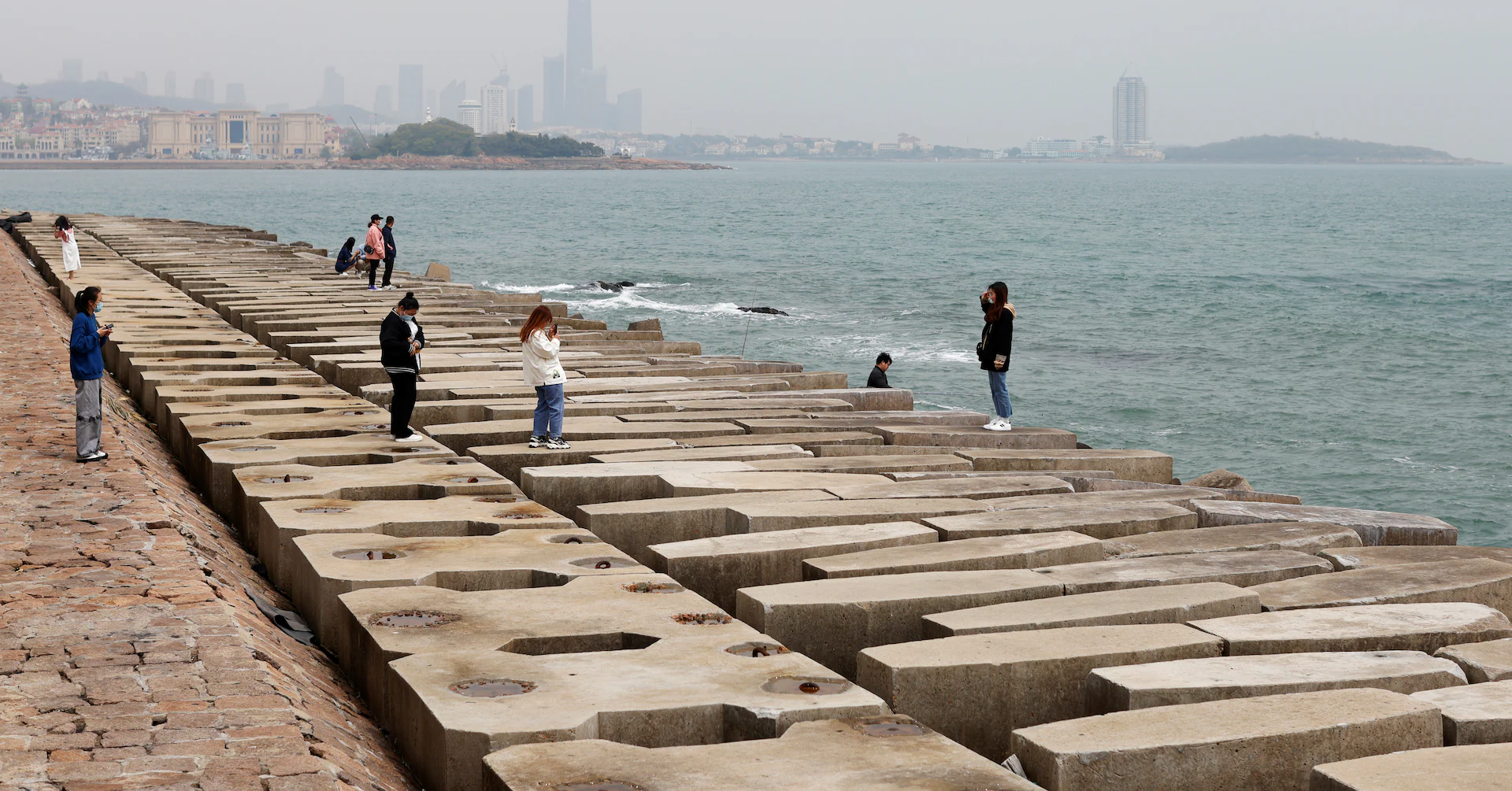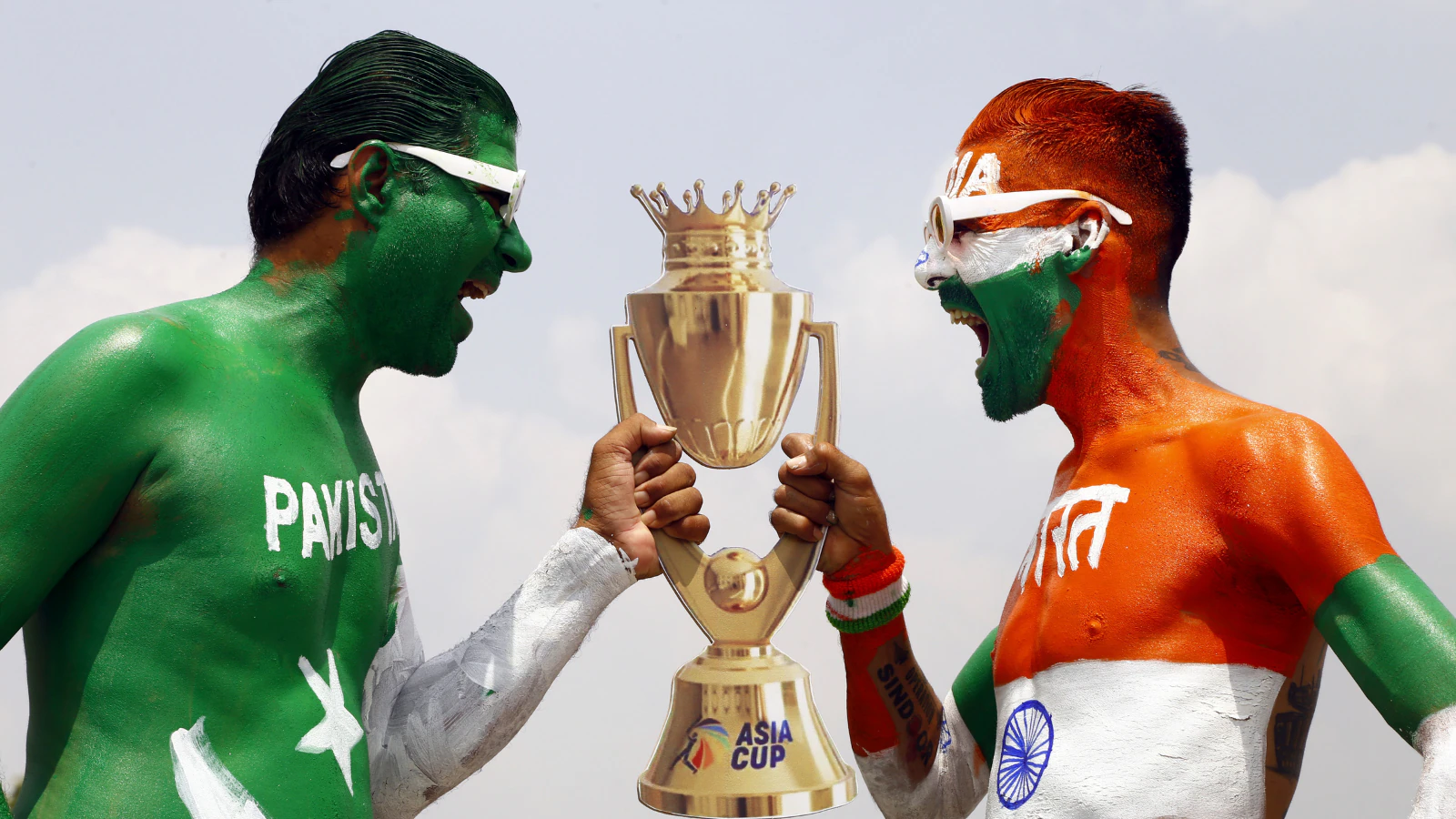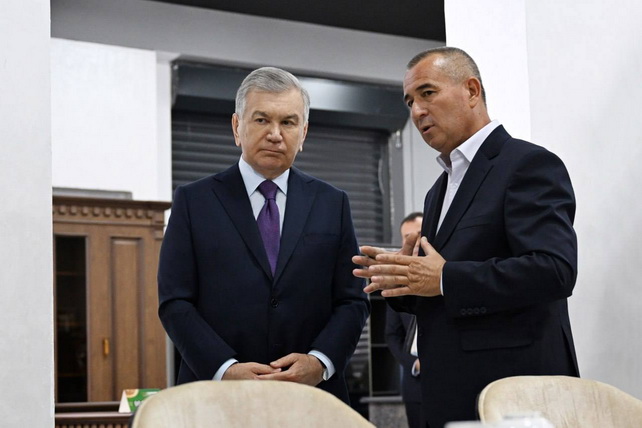By Catherine McGregor
Copyright thespinoff

Mounting evidence that adopted children are being trafficked, abused or otherwise exploited has finally prompted action, writes Catherine McGregor in today’s extract from The Bulletin.
To receive The Bulletin in full each weekday, sign up here.
Urgent pause announced
Associate justice minister Nicole McKee yesterday introduced an amendment bill to temporarily suspend unsafe overseas adoptions for citizenship and immigration purposes. The pause will run until 1 July 2027 at the latest, with the government expecting to have a longer-term replacement regime in place before then. Exemptions will remain for adoptions from countries where McKee is “satisfied” children are sufficiently protected, and international surrogacy arrangements will continue to be recognised. Reports the Herald’s Adam Pearse: “While recognising families planning to adopt would be disappointed, McKee said there was ‘evidence that our international adoption laws do not provide sufficient safeguards for children and young people‘ by not ensuring an adoptive parent’s criminal or child protection record is checked.”
The legal loophole that can facilitate abuse
Much of the harm has flowed from Section 17 of the Adoption Act 1955, which creates a back-door pathway by recognising adoptions from countries outside the Hague Convention system. That has enabled New Zealanders to adopt via foreign courts or customary processes without the pre-adoption scrutiny applied under the Hague rules. According to RNZ’s immigration reporter Gill Bonnett, whose journalism has been pivotal in surfacing these risks and forcing political action, “Oranga Tamariki and the Family Court here do not need to be consulted – or even notified – before the children are adopted and arrive in New Zealand, which has also prompted fears the lack of oversight could mean other abuses remain undiscovered.”
A separate but related issue involves flaws in the Crimes Act. The law’s definition of human trafficking says it must have been carried out via deception and/or coercion. As explained by Caritas, the Pacific-focused Catholic NGO, that standard is out of step with international norms and can make child-trafficking prosecutions harder, since children can still be exploited without being deceived or coerced.
What goes wrong: two disturbing case studies
The sheer number of children adopted by one family can be a clue that they are being exploited. Bonnett reports that a 2019 briefing to ministers warned that New Zealand-resident parents have “often” adopted more than 10 children or young adults each from overseas, and that some appeared to have been physically, sexually or emotionally abused. The most notorious example is that of Joseph Auga Matamata, sentenced in 2020 to 11 years for people trafficking and slavery involving three Samoan boys he had adopted in New Zealand.
More recently, reports Bonnett, Immigration New Zealand cleared a visa for a 17-year-old to live with an adoptive family suspected of people-trafficking. Police interviews raised red flags about financial control and the number of adoptees in the family, and INZ acknowledged the teen would be expected to hand over her wages. Yet, because the application met all formal requirements, authorities had no legal pathway to decline it.
‘Adult’ adoptions and heightened vulnerability
Another blind spot is the wave of “adult” adoptees. New Zealand law sets no upper age limit for recognising international adoptions; young adults aged 18–25 made up 65% of dependent-child residence applicants from one (redacted) country, according to a 2021 report. The child category residence visa runs to age 24, creating incentives for non-genuine adoptions that piggyback on legal immigration routes. As a 2021 intelligence report bluntly concluded, “there are likely to be very few situations where adoption at older ages (especially 20+) would be truly genuine”. Because these adoptees are over 18, they sit outside child-protection systems, making them in some respects even more vulnerable to labour exploitation, financial control and sexual abuse.
As Bonnett bluntly notes, “The warnings have been known to ministers for many years.” The test now is whether this pause finally delivers the robust, child-centred system vulnerable adoptees so desperately need.



